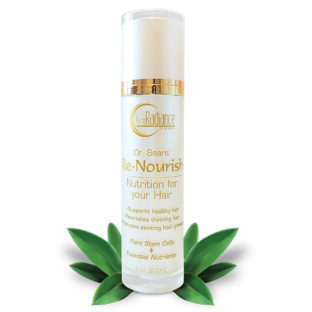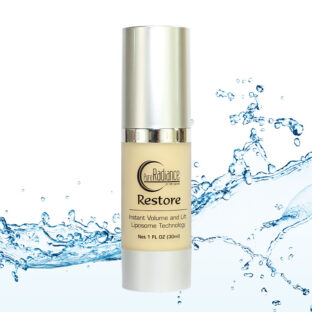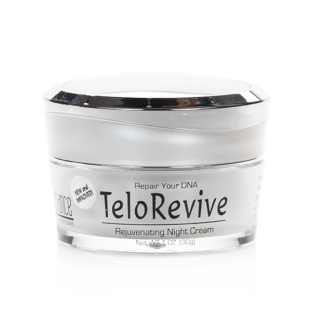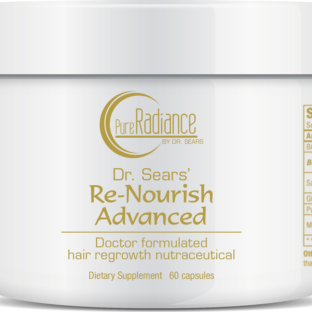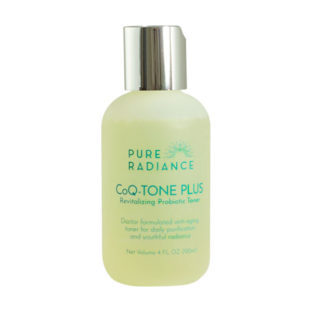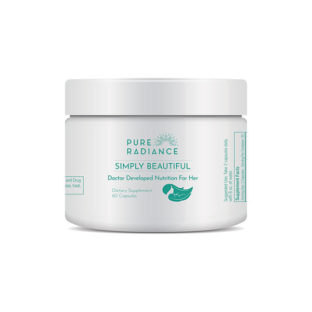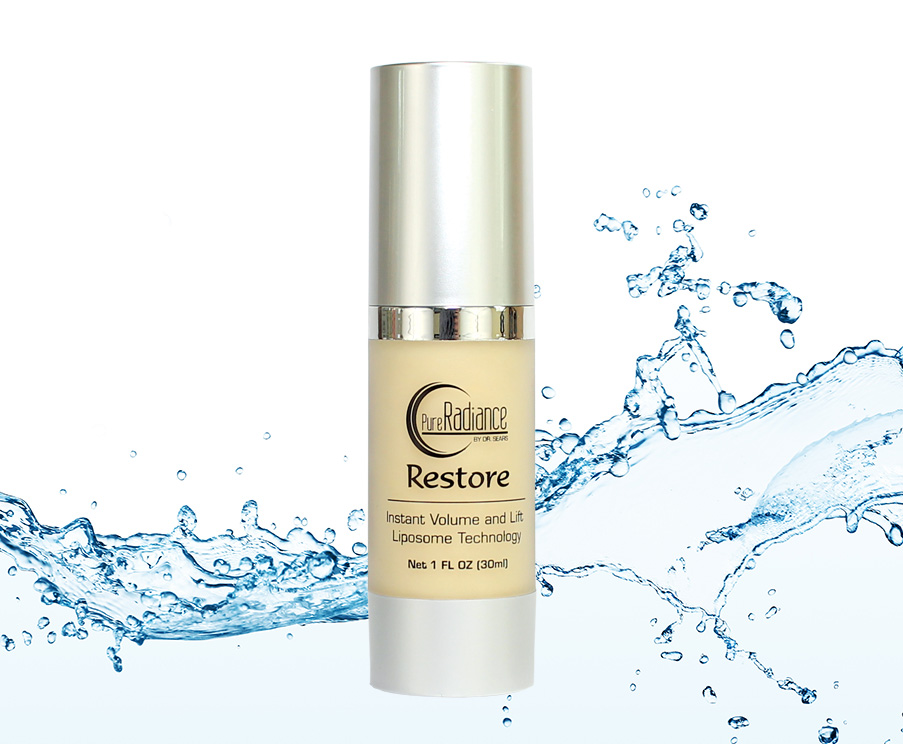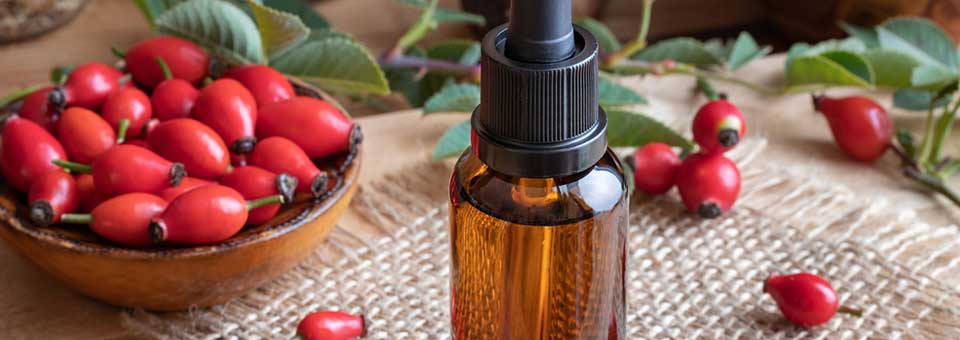
The single most important thing you can do to prevent the effects of premature aging is control inflammation.
Your immune system uses inflammation as part of the healing process. But outside forces can cause inflammation, too… and that speeds aging and produces the chronic diseases we associate with getting older – like arthritis, heart disease, Alzheimer’s, diabetes.
Inflammation ages your skin by accelerating the appearance of fine lines, crow’s feet, wrinkles, and sagging skin.
It’s a condition called “inflamm-aging.” And it’s not your fault. It’s the result of our toxic environment.
Our modern world is hard on your skin. Every day, your skin is exposed to more than 80,000 chemicals in the air, water, and soil.
Environmental Toxins Seep into the Deepest Layers of Your Skin
Your skin is designed to remove wastes and toxins. It’s the largest organ involved in eliminating them from your body. About 30% of your body’s waste passes through the skin.
In fact, your skin is designed to release nearly 2 pounds of toxic waste daily through perspiration.
But that alone cannot remove these man-made toxins from your skin. Within weeks, it leads to a build-up that makes you look older than your years.
You need to thoroughly cleanse to remove these toxic pollutants that clog your pores and prevent inflamm-aging. In a moment, I’ll share the best way to detox and cleanse these toxins from your skin to prevent future aging.
But first, you need to prevent skin inflammation from the inside out. And that starts with your food…
Prevent “Inflamm-aging” From The Inside Out
The number-one cause of all inflammation is a modern diet that includes inflammation-friendly ingredients like processed sugars, cheap vegetable oils, grains, and other refined carbohydrates. These foods cause relentless inflammation in our bodies because we weren’t designed to eat them.
These foods increase your body’s defense mechanism – an inflammatory response – in several ways… By elevating insulin levels, knocking hormones out of whack, and disrupting your gut balance.
Returning to the diet of your ancestors is the best way to reduce inflammation. This is what I tell my patients at the Sears Institute for Anti-Aging Medicine:
- Stay away from high glycemic foods. The glycemic index (GI) measures how quickly foods break down into sugar in your blood. Eating foods high on the glycemic index dramatically increases inflammation. But in my practice, I tell patients to choose foods with a low glycemic load (GL).
Foods with a GL under 10 are always good choices. You should eat foods with a GL over 20 sparingly. You can check out my chart for GI and GL here.
Research proves that a diet low in carbs and high in protein and fat produce dramatic skin results. A study done at the School of Medicine and Public Health at the University of Wisconsin looked at the connection between diet and skin. After switching volunteers to a low-glycemic meal plan, they reported lower inflammatory markers, improved skin tone, fewer acne lesions, and smaller oil glands.1
- Eat more collagen-building foods. Your skin’s structure is made from connective tissue composed of an abundant protein found throughout the entire body known as collagen. After age 35, your body’s ability to produce collagen begins to decrease, and this contributes to formation of wrinkles and sagging skin. To combat this natural decline, choose foods high in omega-3s that naturally produce more collagen while eliminating damaging inflammation.
I’ve told patients for decades that the most important nutrient for their skin and health is docosahexaenoic acid – or DHA.
DHA in foods like squid, wild-caught salmon and tuna, walnuts, avocados, and olive oil increase the production of collagen to prevent sagging skin. But it does more than that…
New research by Tufts University confirms what I’ve been saying: This healthy omega-3 is the solution to chronic inflammation.2 After 34 weeks, the researchers discovered that DHA lowered four types of pro-inflammatory proteins.
To reduce the inflammation that causes premature aging and increase collagen production, you need between 600 mg and 1,000 mg of DHA daily. It’s impossible to get what you need from food today. So you’ll need to supplement. I recommend getting DHA from squid. Sometimes called calamari oil, it contains more DHA than fish and squid oil combined. But be sure your oil comes from squid that live in the pure water off the South America coast.
Detox and Cleanse To Stop Inflamm-Aging From Forming
You need to thoroughly cleanse your skin to remove the toxins that cause inflammation. But not with commercial cleansers. Even products that claim to be “all-natural” are anything but…
I recommend using rosehip oil. It increases collagen, while reducing inflammation.
A study published in the New England Journal of Medicine found that the fatty acid in rosehip oil, retinoic acid, increased collagen production by 80% in less than 12 months.3
And rosehip is also rich in both polyphenols and anthocyanin, which reduce inflammation. It also contains vitamin E, an antioxidant known for its anti-inflammatory effects.
Here is a recipe we use in my clinic…
Ingredients:
- 1 Tbsp. organic, cold-pressed 100% rosehip seed oil
- 1 Tbsp. jojoba oil
Directions:
- Pour the oils into a small glass bottle and gently shake.
- Massage two drops of the oil blend into your skin for a few minutes.
- Rinse with water and gently pat dry.
- I recommend refrigerating your rosehip oil to extend its shelf life.
1 UW Health. “How the glycemic index affects your skin.” https://www.uwhealth.org/news/acne-diet-glycemic-index/46499#:~:text=%22When%20people%20switch%20to%20low,markers%20and%20smaller%20oil%20glands.%22
2 So J, et al. “EPA and DHA differentially modulate monocyte inflammatory response in subjects with chronic inflammation in part via plasma specialized pro-resolving lipid mediators: A randomized, double-blind, crossover study.” Atherosclerosis. 2021 Jan;316:90-98.
3 Griffiths CE, et al. “Restoration of collagen formation in photodamaged human skin by tretinoin (retinoic acid).” N Engl J Med. 1993; 329(8):530-535.


